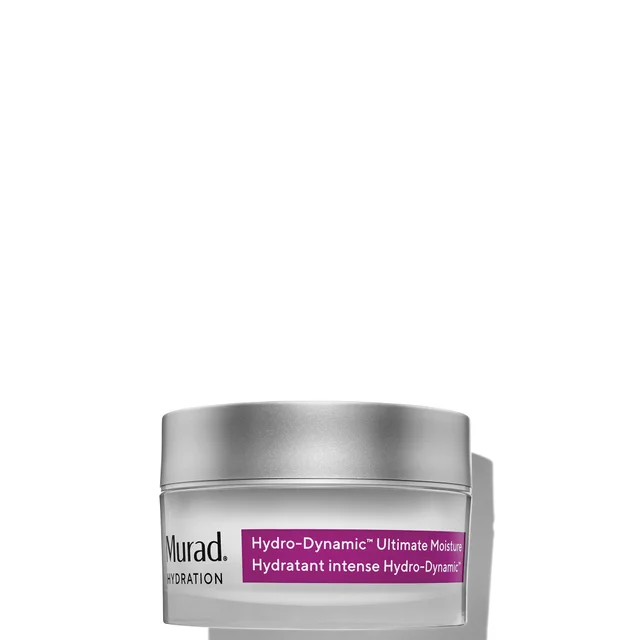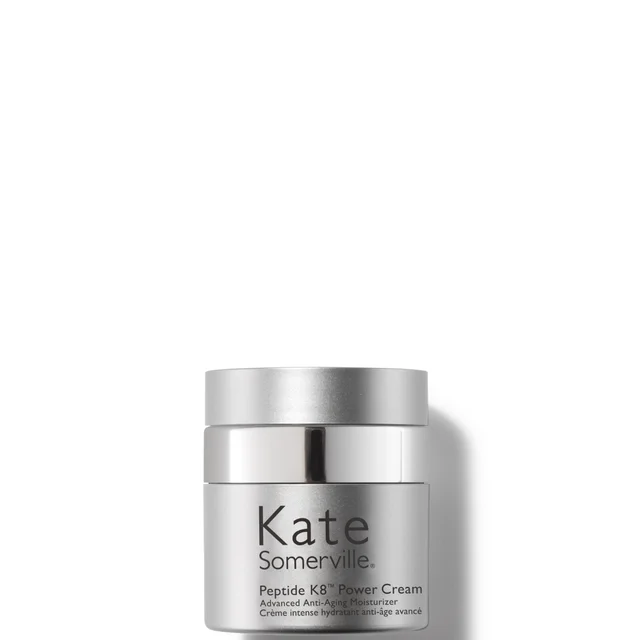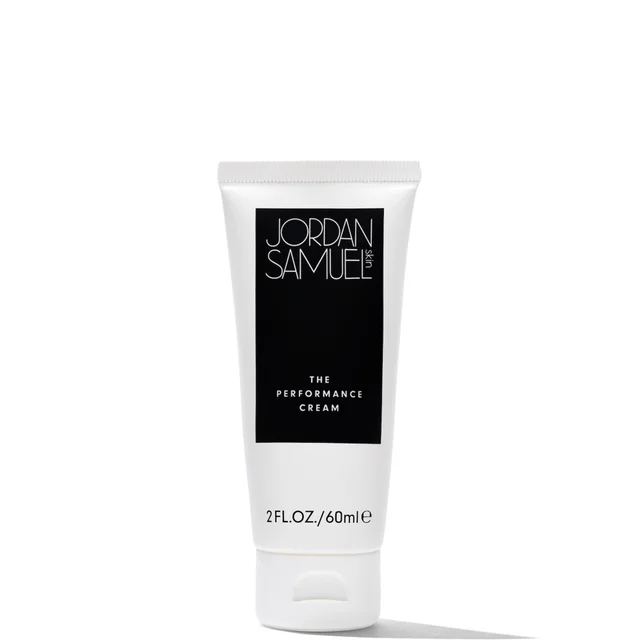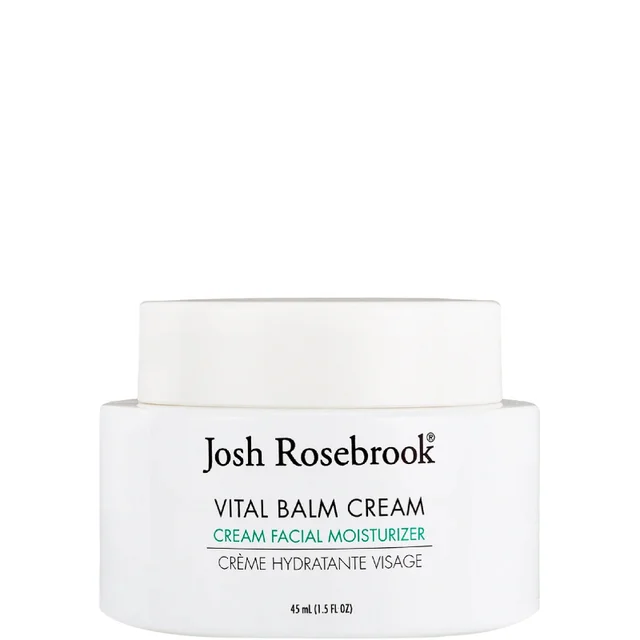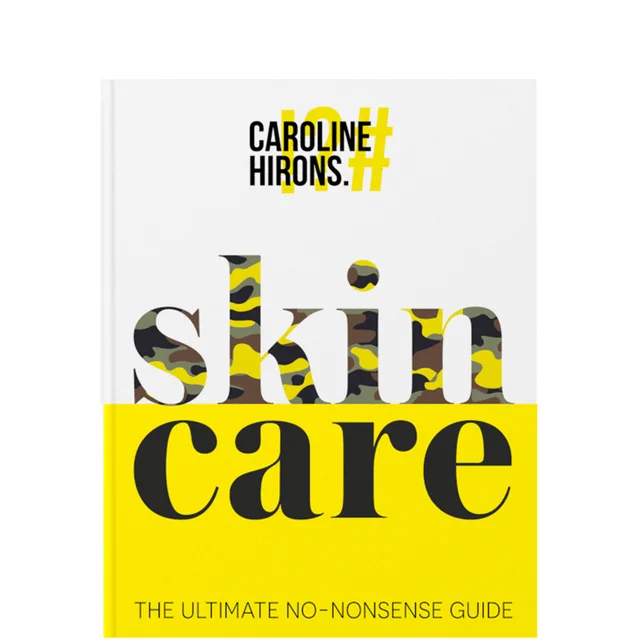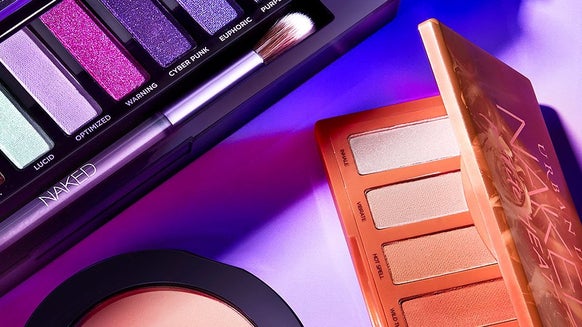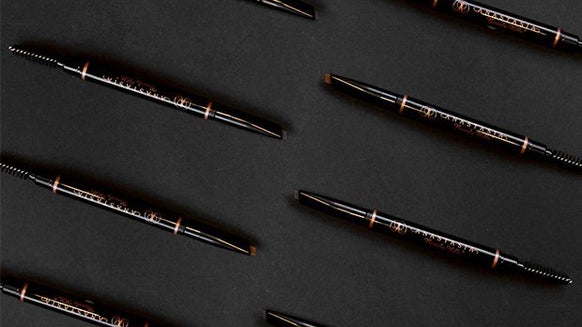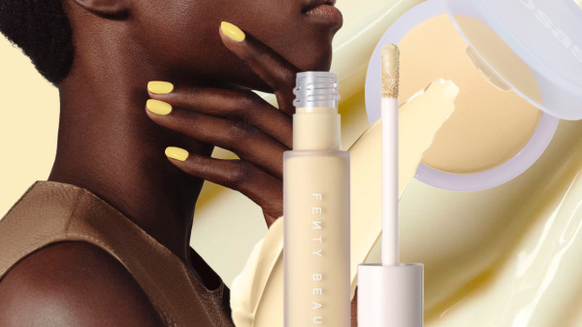Caroline Hirons on how to tell whether your skin is dry, dehydrated (or both)
One of the world's most revered skin care gurus, Caroline Hirons dispenses her signature wisdom (and wit) to the beauty confused who are looking for frank and insightful advice. Frank, funny and phenomenally well-informed, there's not a thing she doesn't know about face (neck and chest!) maintenance, which is why so many men and women - of all ages and skin types - place faith in her recommendations. And now, with her first book - Skincare: The Ultimate No-Nonsense Guide - about to be released into the beauty wild, we thought we would offer a taste of the topics address in her first 'beauty bible' - the ultimate reference for those who're already obsessed or beginning their journey to happier, healthier skin. Over to Caroline...
Image courtesty of Nicky Johnson
Dry skins and dehydrated skins can have very similar characteristics, but different underlying causes, and interestingly blur the line between skin type and skin condition.
Dry skin is normally a skin type but it can also be a temporary skin condition. It is caused by lack of oil in the skin. Characteristics of dry skin include:
A skin condition such as dehydration can affect any skin type, including dry and oily skin. It is caused by lack of water in the skin (not lack of water taken orally!). Characteristics of dehydrated skin include:
In normal circumstances, your hydrolipidic film (on the surface of the skin) acts as a regulator and barrier – retaining moisture and protecting your skin against germs. If, for whatever reason, that film’s effectiveness is affected, the moisture in the epidermis evaporates too quickly and the normal, healthy state of the skin is compromised.
The reality is that most of us at one time or another have dehydrated skin. Any and all of the following can cause dehydration:
Environment: wind, cold air, dry air, too much sun, air conditioning, central heating
Diet: eating the wrong foods, consuming alcohol and caffeine, not eating enough water-heavy foods or not drinking enough water
Lifestyle: stress, poor skincare routine, using the wrong products, medication (including birth control) or smoking
Genetics: monthly cycle, pregnancy or hormones
Omega oils found in either flax or fish oil supplements will help both dry and dehydrated skins, however you need to be using them for at least three months before you’ll see the benefits on your skin.
It is quite common to have skin that is both dry and dehydrated, but if the definitions above have helped you ascertain that your skin is either dry or dehydrated (or both), these dos and don’ts might help:
Do upgrade your moisturiser to one suitable for dry skin if you recognise the signs – go for products using the words ‘nourishing’.
Do change your moisturiser to one labelled ‘hydra’ or ‘hydrating’ if you suspect you are dehydrated.
Do use balms, oils and serums for dry skin.
Do use milks, specified oils and treatments for dehydrated skin.
Do not use products that are too harsh or too stripping.
Steer clear of foaming products – keep the bubbles for your dishes.
Whether your skin is dry or dehydrated, adding a little hyaluronic acid to your routine won’t hurt.
Extracted from

Cult Beauty’s Content Editor and a Cult Beauty OG, Verity loves nothing more than the marriage of language and lip balm. A quintessential Libran, she’s a self-professed magpie for luxury ‘must-haves' and always pursuing the new and the niche — from the boujee-est skin care to cutting-edge tech. Balancing an urge to stop the clock with her desire to embrace the ageing process (and set a positive example for her daughter), Verity's a retinol obsessive and will gladly share her thoughts about the time-defying gadgets, masks and treatments worth the splurge...
